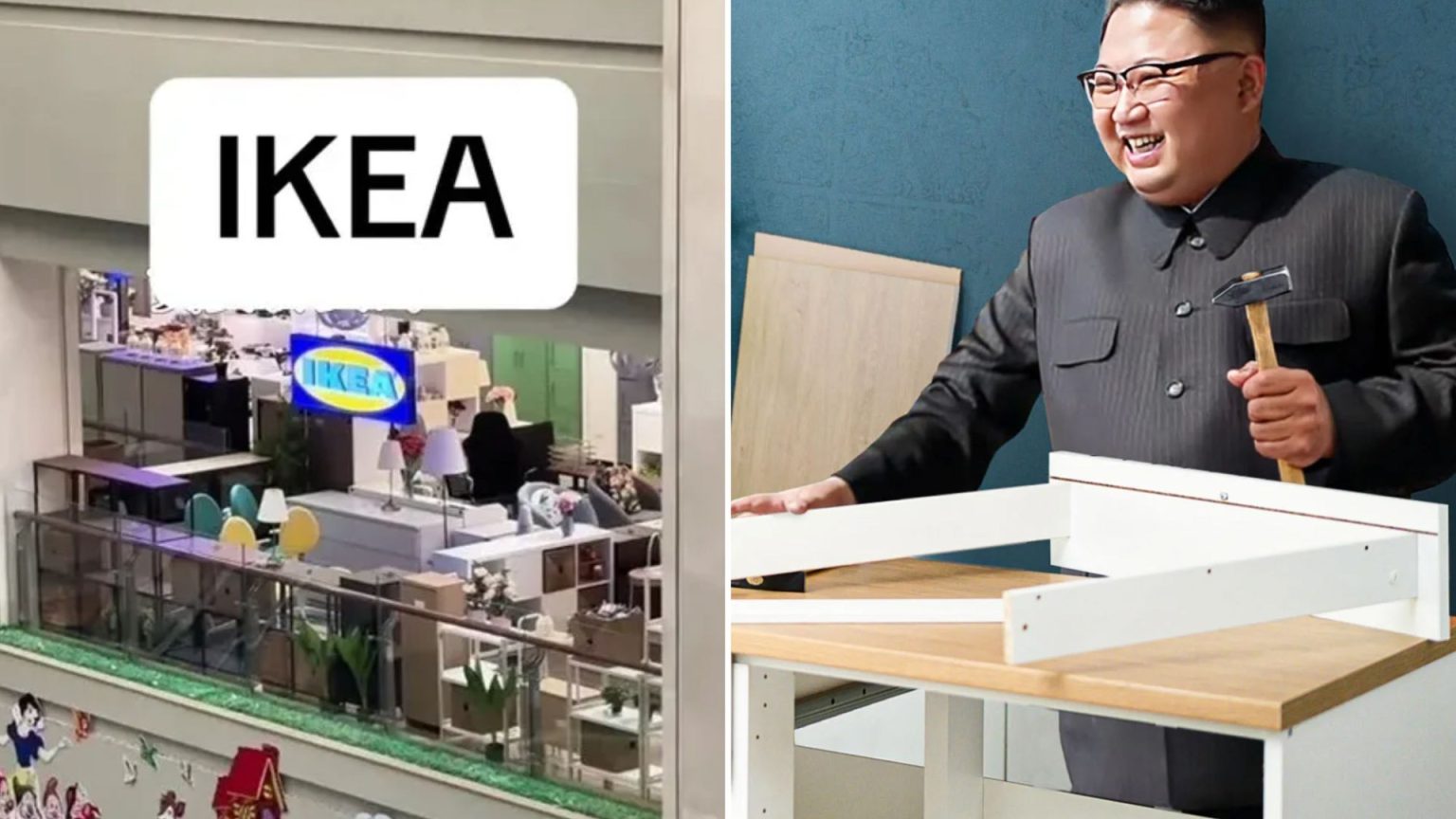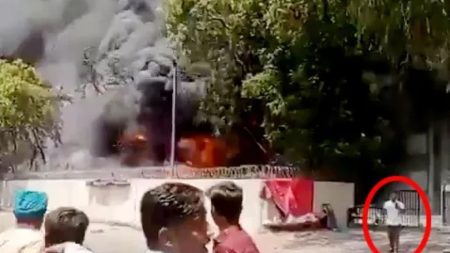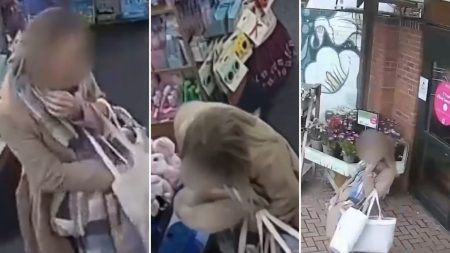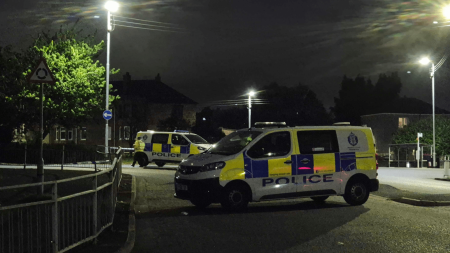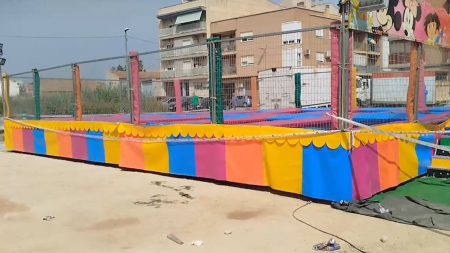In a brazen display of imitation, North Korean leader Kim Jong-un has unveiled a faux Ikea store within the opulent Ryumgyong Plaza mall in Pyongyang. The store, featured in a recent propaganda video showcasing the mall, bears an uncanny resemblance to the Swedish furniture giant, utilizing the same name and logo. However, the interior deviates significantly from Ikea’s signature showroom design, resembling a disorganized warehouse with furniture haphazardly clustered together. This counterfeit Ikea outlet is just one example of several purported high-end Western brands displayed within the mall, including apparent imitations of Chanel and Adidas. Ikea has confirmed that it has no authorized retailers in North Korea and is monitoring the situation for intellectual property rights violations.
The video tour of Ryumgyong Plaza, released by the North Korean regime’s propaganda arm, aims to project an image of abundance and consumerism. The mall appears pristine and well-stocked, yet conspicuously devoid of shoppers. This raises questions about the authenticity and functionality of the stores within, including the fake Ikea. It remains unclear whether the products sold are genuine Ikea items, counterfeit replicas, or simply props for the propaganda campaign. The absence of customers further fuels speculation that these stores may not be operational, serving only as a façade for the regime’s narrative.
This is not the first time North Korea has flouted international sanctions by seemingly offering Western goods. In 2019, a department store resembling John Lewis opened in Pyongyang, showcasing products from brands like Rolex. These actions directly contravene UN sanctions imposed in 2006, which prohibit the sale of Western goods to North Korea. The source of these products is uncertain, with possibilities ranging from smuggled goods intended for China, North Korea’s largest trading partner, to convincingly replicated fakes produced within China.
The Ryumgyong Plaza mall video, disseminated through platforms like TikTok, reflects a calculated propaganda strategy by the North Korean regime. The controlled nature of information flow within the country suggests that these videos are state-sanctioned, aiming to portray a false image of prosperity and access to Western goods. The videos often attract accusations of being propaganda in the comments section, highlighting the skepticism surrounding their authenticity.
Kim Jong-un’s history of circumventing sanctions through counterfeit goods production further strengthens this suspicion. Previous reports have unveiled North Korean factories producing counterfeit cosmetics labeled “Made in China” to evade export restrictions. Similarly, staged footage of North Koreans seemingly using the internet has emerged, attempting to mask the regime’s restrictions on web access. These instances underscore Kim’s consistent efforts to manipulate perceptions and project a misleading image of his country.
The repeated appearance of counterfeit Western brands in North Korea raises several key questions. If genuine, the sale of these products violates international sanctions and raises concerns about their procurement. The possibility of counterfeit production within North Korea or its neighboring countries highlights the regime’s willingness to engage in illicit activities. Finally, the staging of these stores for propaganda purposes underscores the regime’s desire to control information and project a distorted reality to both domestic and international audiences. The Ryumgyong Plaza mall video serves as the latest example of this ongoing deception.





